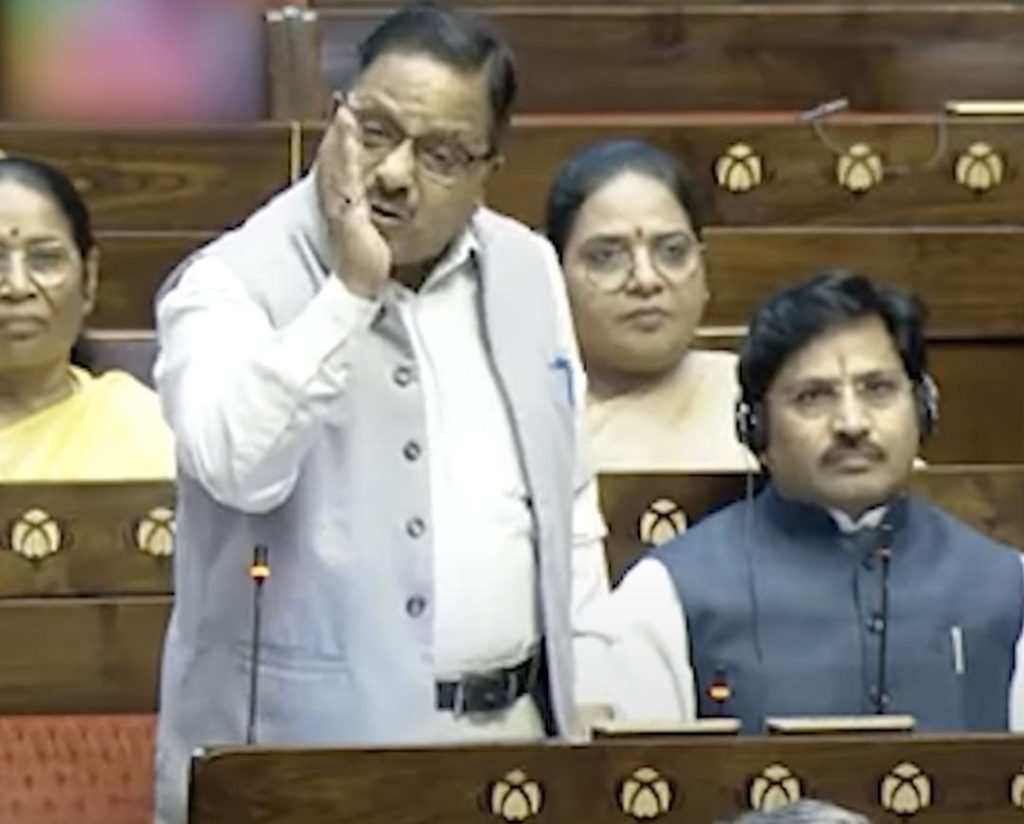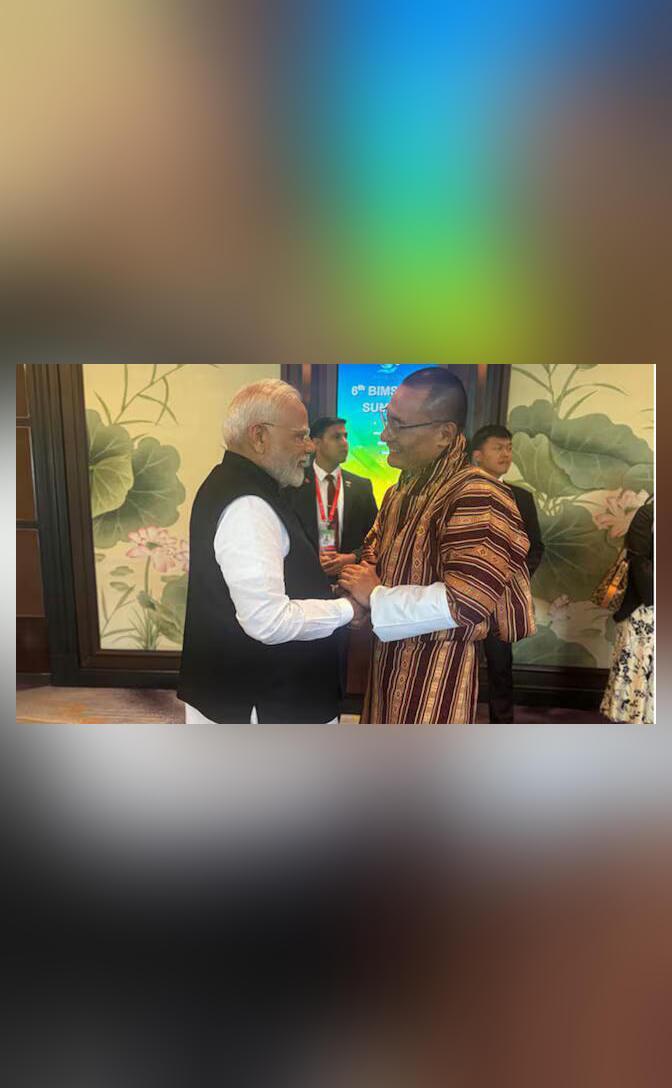
Should I Read the Quran and Tell You What’s Written in It: BJP MP Radha Mohan Das on Waqf Bill
In a recent discussion on the Waqf Bill, a BJP MP named Radha Mohan Das sparked controversy by suggesting that he should read the Quran and share its contents with the public. The statement was made during a heated debate on the bill, which aims to reform the Waqf Board, a government-run body responsible for managing and regulating mosques, shrines, and other religious properties.
Radha Mohan Das’s comment was met with strong reactions from various quarters, with many criticizing him for his proposal. However, the BJP MP maintained that he was only trying to highlight the inconsistencies in the Waqf Board’s handling of its properties. According to him, the Quran itself emphasizes the importance of maintaining written records, which is something the Waqf Board has failed to do.
In a surprising move, Radha Mohan Das suggested that he should read the Quran and share its contents with the public, implying that he wanted to expose the truth about the Islamic holy book. His statement was seen as an attempt to undermine the credibility of Islam and the Quran, and many Muslim groups and individuals condemned his remarks.
However, if we take a closer look at the context of Radha Mohan Das’s comment, it becomes clear that he was not trying to disrespect the Quran or Islam. Instead, he was using the Quran to highlight the inconsistencies in the Waqf Board’s handling of its properties. He pointed out that the Quran emphasizes the importance of maintaining written records, even if it’s just a single rupee given to someone. He then compared this to the Waqf Board’s lack of written records for its properties, implying that the board was not following the Quran’s teachings.
Radha Mohan Das’s comment also raises important questions about the role of religion in politics and the handling of religious properties. The Waqf Board is a government-run body, and its properties are managed and regulated by the state. However, the board’s handling of these properties has been criticized for being opaque and lacking transparency.
The Waqf Bill aims to reform the Waqf Board and make it more accountable to the public. However, the bill has been met with resistance from various quarters, including Muslim groups and individuals who feel that it is an attempt to undermine the autonomy of the Waqf Board.
Radha Mohan Das’s comment has also sparked a wider debate about the role of religion in politics and the handling of religious properties. In a country like India, where religious diversity is a hallmark, it is essential to ensure that religious properties are managed and regulated in a transparent and accountable manner.
In conclusion, Radha Mohan Das’s comment may have been misinterpreted by many, but it was an attempt to highlight the inconsistencies in the Waqf Board’s handling of its properties. The Quran’s emphasis on maintaining written records is a crucial aspect of Islamic teachings, and Radha Mohan Das was using this to make a point about the Waqf Board’s lack of transparency.
It is essential for us to approach this issue with sensitivity and respect for all religions. We must also ensure that religious properties are managed and regulated in a transparent and accountable manner, and that the rights of all religious groups are respected.
Source: https://www.youtube.com/watch






